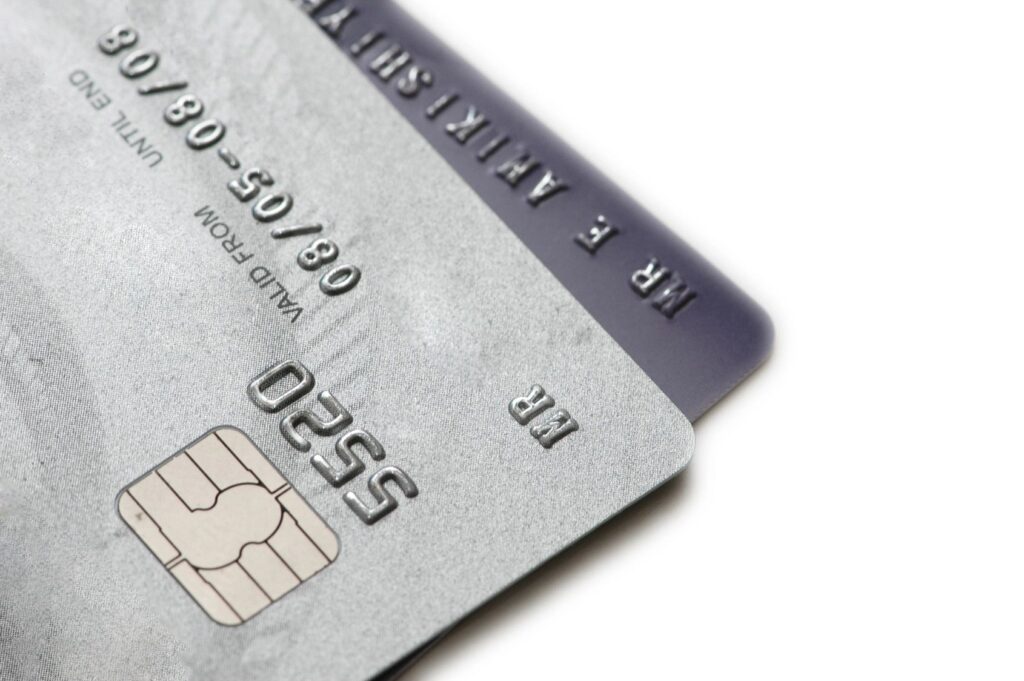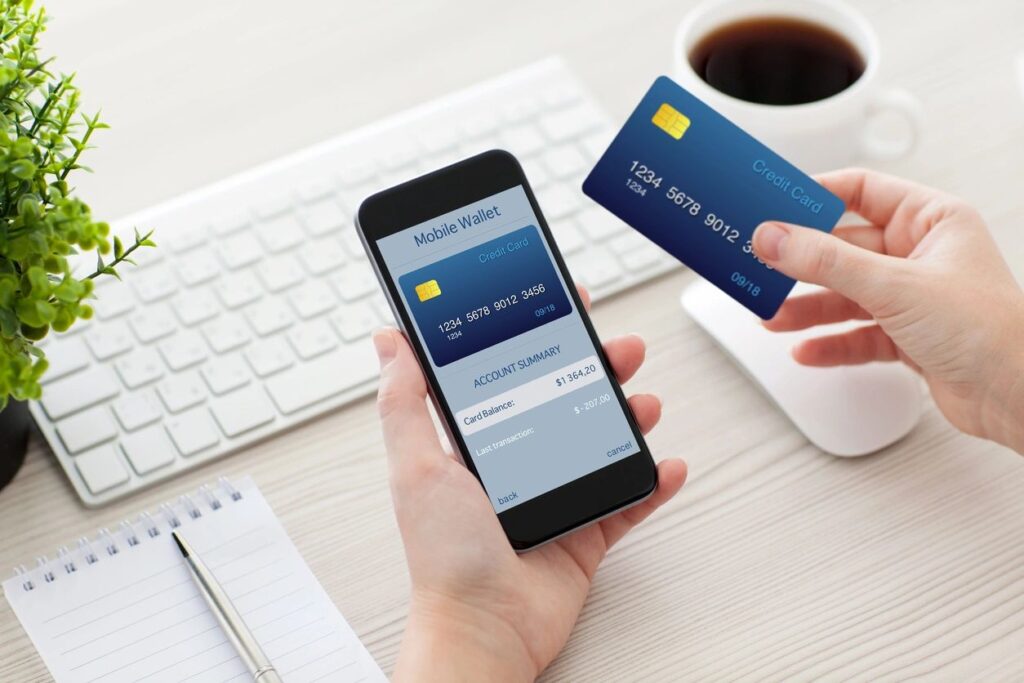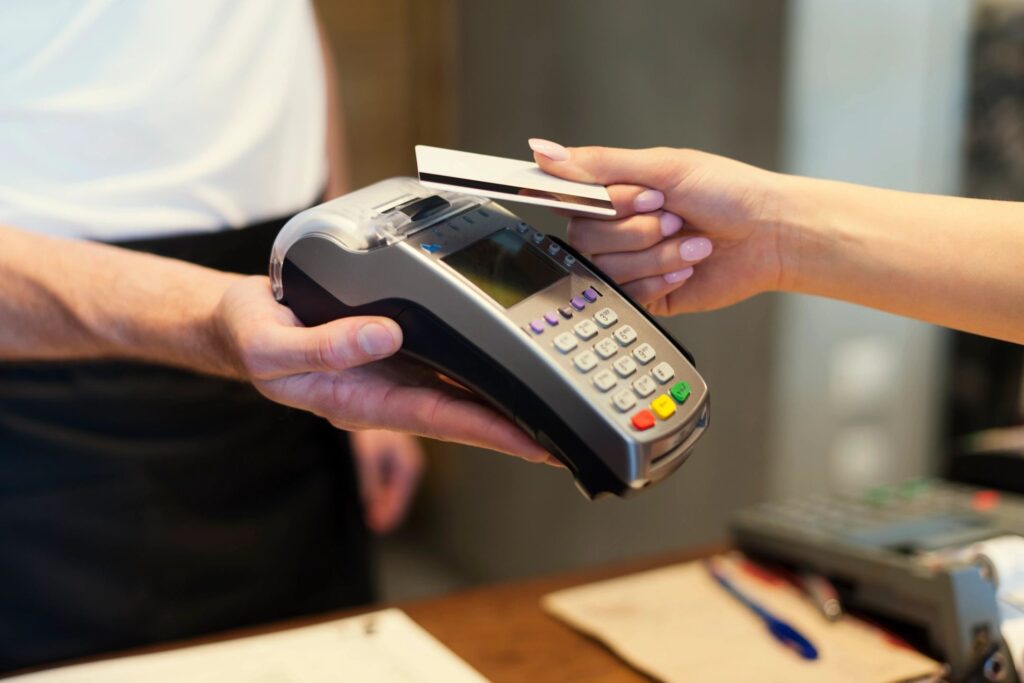When you hear “credit card,” you might think of ✈️ travel points, 🛍️ shopping rewards, or the dreaded 😰 debt. But credit cards are more than just spending tools—they’re actually mirrors that reflect your financial personality.
In this article, let’s look at credit cards in a way you may have never considered before: not as just a means to buy, but as a window into how you manage money. Your card habits say a lot more about you than you think!
🌀 The Two Sides of a Credit Card
Just like a coin, credit cards have two sides: benefits and risks.
✅ The Bright Side:
- Ease of Use – Widely accepted around the globe 🌍.
- Rewards – Cashback, air miles, discounts, and points 💰.
- Credit History Building – Helps improve your credit score 📈 when used responsibly.
🧠 Want to learn how credit cards affect your credit score? Check out Experian’s detailed explanation.
⚠️ The Risky Side:
- Debt Accumulation – Interest piles up if you don’t pay in full 🧾.
- Credit Score Damage – Late payments can drop your score fast 📉.
- Emotional Spending – Easy swipes = easy mistakes 🫣.

🔍 Your Card Is a Mirror: What It Says About You
Let’s go deeper—your credit card habits are a reflection of your inner financial personality:
| Behavior | What It Might Say |
|---|---|
| Paying in full every month 🧠 | Financially disciplined & organized |
| Only paying the minimum ⚖️ | Cash flow issues or lack of planning |
| Maxing out credit limits 😨 | Impulse spending or financial stress |
| Ignoring statements 🙈 | Avoiding financial reality |
📍 First-Time Cardholder or Regular User?
Whether you’re new to credit cards or a frequent swiper, using them right is key. For foundational strategies and ongoing best practices, don’t miss this helpful read from Asset Bulletin:
👉 Credit Cards: Tips for First-Time and Regular Users
It covers essentials for building good habits and managing your card responsibly—highly recommended for beginners and seasoned users alike.
🚫 Busting Common Credit Card Myths
Let’s break down some popular misunderstandings about credit cards that could be costing you:
❌ Myth 1: Carrying a balance improves your credit score.
Truth: This actually hurts your score and costs you interest. The best practice is to pay your balance in full monthly.
❌ Myth 2: Having multiple cards hurts your credit.
Truth: It’s not the number of cards but how you use them that matters. Keeping utilization low and paying on time is what counts.
❌ Myth 3: Closing old cards helps your score.
Truth: Nope. It often lowers your credit score by reducing your credit history length and total available credit.

🧠 How to Use Credit Cards Smartly
Think of credit cards like fire: 🔥 dangerous if misused, but incredibly useful when controlled. Here are some top strategies:
💡 1. Pay in Full Each Month
No interest, no worries. Paying the full balance means you avoid debt spirals. 💸
💡 2. Track Your Spending
Review statements weekly to understand your spending patterns. Try budgeting apps like Mint or YNAB.
💡 3. Set a Personal Limit
Don’t rely on the card’s credit limit. Set your own to stay in control. 📊
💡 4. Automate Payments
Avoid late fees by automating minimum payments, but remember to review your balance monthly. 🔁
💡 5. Maximize Rewards Wisely
Choose a card that fits your lifestyle—whether it’s travel, groceries, or fuel. Use the perks without overspending to “earn” them. 🚀

🪞 Final Thought: Look in the Plastic Mirror
Your credit card is more than just a shiny piece of plastic—it’s a mirror that reflects your behavior, discipline, and money mindset. When used consciously, it can be one of the most powerful tools in your financial toolbox 🧰.
So next time you pull out your credit card, ask yourself:
“Am I making this purchase… or is my habit doing it for me?”
Use it with awareness, and you’ll not only build credit—but build character too. 💪





2 responses to “Credit Cards: A Financial Mirror, Not Just a Plastic Tool”
[…] Every swipe of your card writes a line in your personal credit story. From your first purchase to your final payment, you’re building something bigger than just a transaction — you’re building trust with lenders, opportunities for rewards, and even safety nets in emergencies. For a deeper dive into this idea, check out how we think of credit cards as a financial mirror. […]
[…] to cash. Therefore, being aware of this tendency is the first step to controlling it. Moreover, credit cards often act as a financial mirror, reflecting our spending habits and financial discipline back at […]